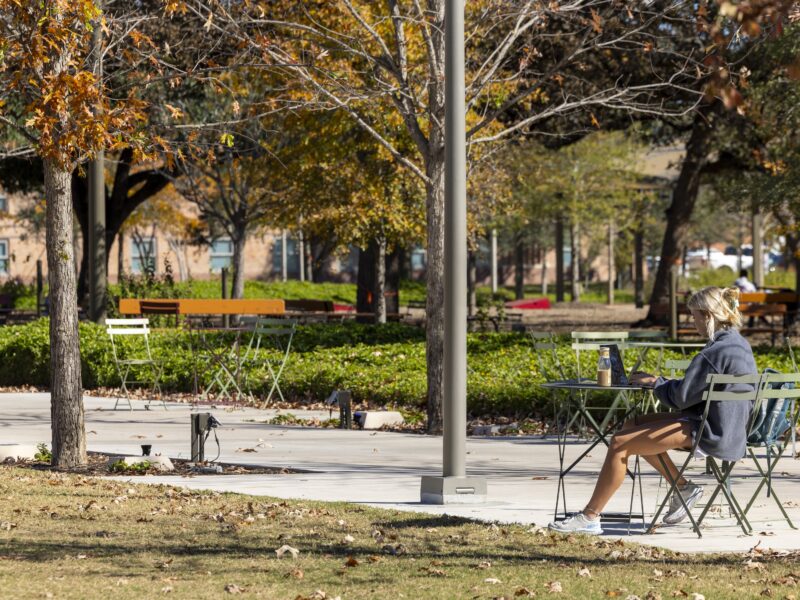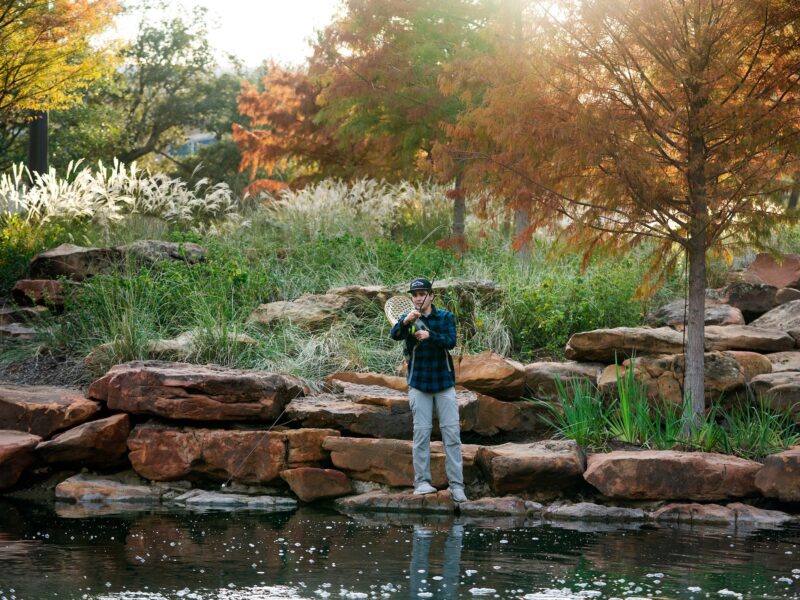Cave Diving Prof Receives Smithsonian Award

World-renowned cave diver Dr. Thomas Iliffe, professor of marine biology at Texas A&M University at Galveston, has received an academic appointment as a Research Associate of the Smithsonian Institution’s National Museum of Natural History.
The title of Research Associate is awarded to scientists of distinction, who maintain a scholarly affiliation with the Smithsonian and its research community. Research Associates are professionals who formally and actively collaborate with NMNH scientific staff, including regularly making use of our research and collection facilities for scholarly pursuits.
The appointment, which is for three years effective through Nov. 14, 2016, provides a formal affiliation with the Smithsonian through this tenure.
“We are delighted to have you as a member of the museum’s research community,” said Kirk R. Johnson, director of the Sant Ocean Hall. “I hope you are inspired by your affiliation with the museum and it fosters many on-going opportunities for productive research.”
The Sant Ocean Hall at the National Museum of Natural History opened in 2008 and is the largest renovation in the museum since it opened in 1910. The hall’s combination of 674 marine specimens and models, high-definition video experiences, one-of-a kind exhibits and the newest technology allows visitors to explore the ocean’s past, present and future as never before.
The hall is named for Victoria and Roger Sant and family, Washington philanthropists and Smithsonian supporters, who donated $15 million to endow the new hall and related programs and outreach activities. The hall is founded on the museum’s unparalleled collection (the largest marine collection in the world, with more than 80 million specimens) allowing the Smithsonian to offer the most comprehensive exhibition in the country devoted to a global view of the ocean.
Iliffe said he is honored to be affiliated with the museum.
“It has been my great honor and privilege to be associated with the Smithsonian Institution for more than 30 years, during which time I have published 30 papers with Smithsonian coauthors or in Smithsonian journals,” he said.
“A video on my cave biology research is on display in the Sant Ocean Hall at the National Museum of Natural History and I have been a Smithsonian Journeys speaker on celebrity cruises through the Mediterranean, southern Caribbean and Panama Canal.”
Iliffe earned a bachelor’s degree in biochemistry at Penn State (1970), a master’s degree in and oceanography at Florida State (1973) and a doctoral degree in biochemistry at the University of Texas Medical Branch (1977). Following 11 years as a Research Associate at the Bermuda Biological Station where he initiated diving investigations into the biology of marine caves, he joined Texas A&M in 1989 as a lecturer at the Galveston campus. He is currently a full professor, teaching graduate and undergraduate courses in biospeleology (cave biology), scientific diving and tropical marine ecology.
As an internationally renowned marine researcher, Iliffe has explored, scientifically investigated and worked tirelessly to protected underwater caves since his first dive in 1972 in Florida’s Manatee Springs State Park. Since then, he’s been in more than 1,500 underwater caves, the most of anyone in the world, and along the way he has found time to discover more than 300 forms of marine life, seven of which have been named for him.
Last year, he led a team of nine other divers who descended 462 feet into Phantom Springs Cave in West Texas, making it the deepest underwater cave in the United States. His work has drawn media attention from around the world and been featured on such outlets as The National Geographic Channel and The Discovery Channel and others.
For more information about Iliffe’s research, see his webpage at www.cavebiology.com
Media contact: Keith Randall, Texas A&M News & Information Services.





